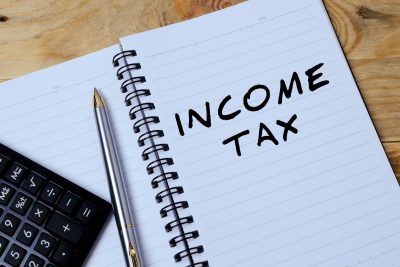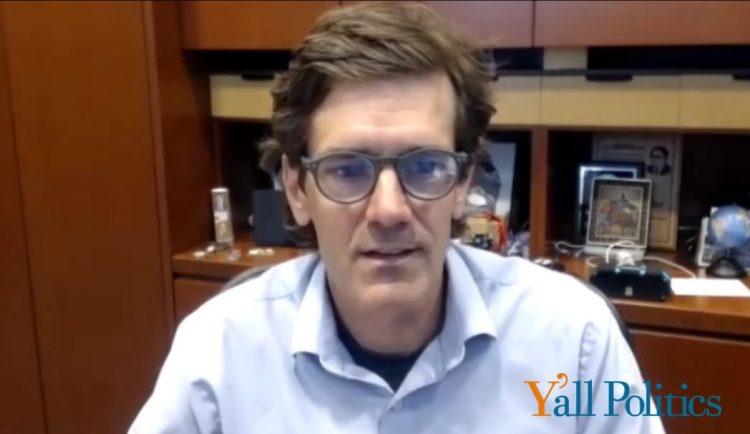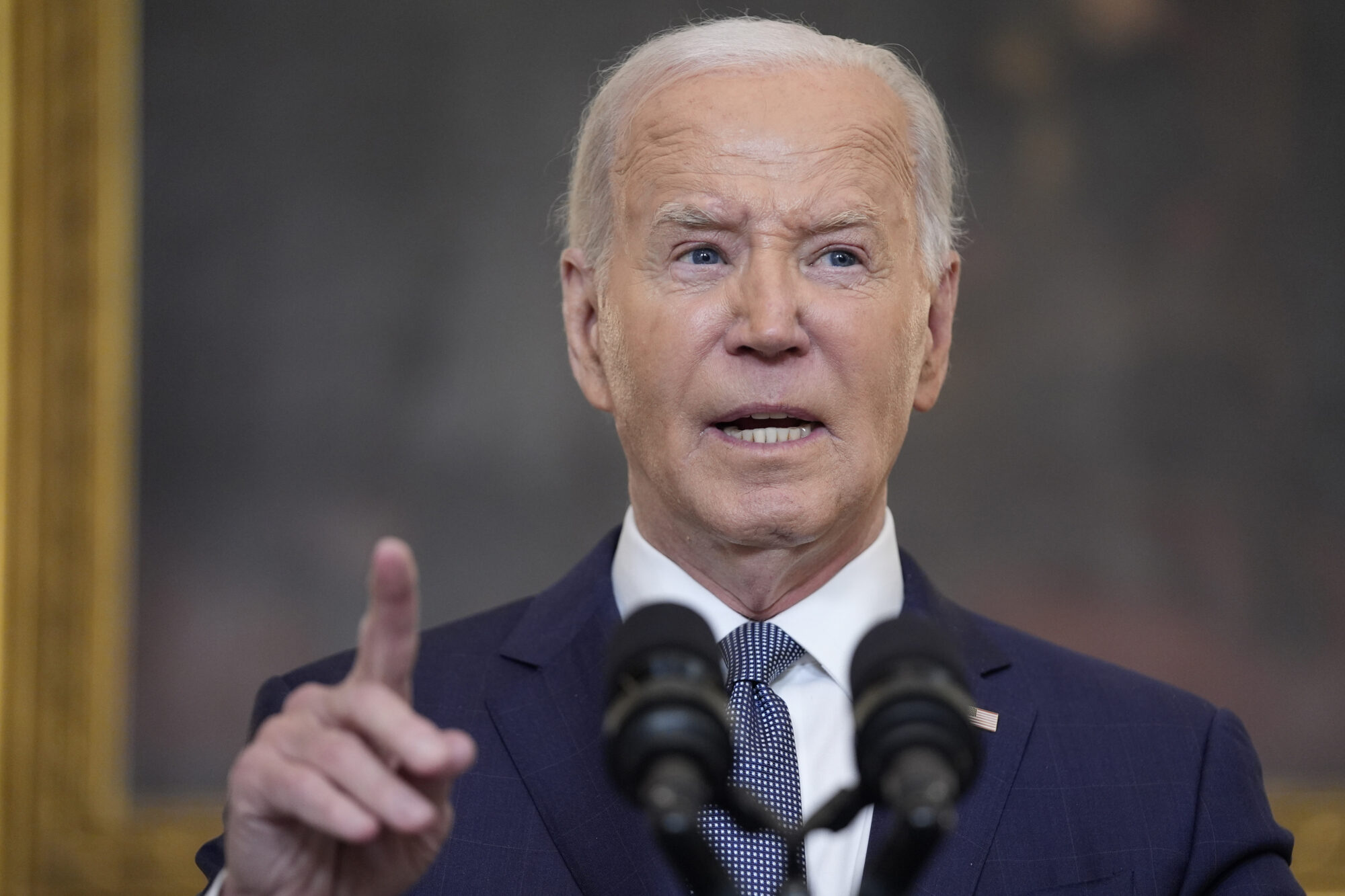
Lawmakers heard from local, regional and national tax experts last Wednesday and Thursday as they decide whether or not Mississippi can eliminate the income tax, and the best way to do that.
Senator Josh Harkins, Chairman of Finance and Representative Trey Lamar, Chairman of Ways and Means sat down to discuss their takeaway from the hearings.
Rep. Trey Lamar said he walked away from the hearings with more information as to how the state can cautiously and effectively do away with the individual income tax.
“The purpose was to sit down in good faith with the Senate to hear from experts both state as well as regional and national experts,” said Lamar. He said those who presented came from all different political backgrounds, many of which were completely non-partisan.
Those who spoke included representatives from the Department of Revenue, State Economists office, the Tax Foundation, National Taxpayer Union, One Voice, Empower Mississippi, Americans for Tax Reform, University of Mississippi Department of Economics, Mississippi Economic Council, Mississippi Manufacturer’s Association, Mississippi Manufactured Housing Association, Mississippi Automobile Dealers Association, Mississippi Hospitality and Restaurant Association and Former CEO of Venture Technologies, Gerard Gibert.
Lamar said his biggest takeaway for him through the evidence presented, was that moving away from the individual income tax and towards a slightly higher consumption tax was in the best interest for the working people of Mississippi as well as the state’s economy.
“Growing our private sector economy ultimately will help us get off the bottom in some of the areas that we are 49th or 50th in,” said Lamar. “That was the goal and I believe two full days of hearings and testimony accomplished that.”
While the House is the only chamber that has presented a proposal to eliminate the income tax back in 2021, Lamar said members are not “married” to that plan. He said they are open to any proposals or input from the Senate is welcome.
Lamar said there were two key take-aways from his perspective. He said the data presented showed that the plan originally presented by the House is not regressive. The second take-away was that the plan itself is not a tax increase. While the consumption tax would be increased, due to the cut of the income tax it would be net neutral.
“This plan would not violate any pledge to not raise taxes,” said Lamar.
Senator Josh Harkins had similar, yet different sentiments regarding the hearings. While he’s not opposed to the income tax cut, one of his biggest concerns to date was the lack of hard numbers. He said while many of the experts gave a take on the House plan proposed, there were no definitives including an official cost of the plan.
He said while members plans to circle back and ask additional questions, he wanted to see a specific cost to the plan based on the metrics they were considering. Harkins felt there was not a specific picture provided, just a general or aggregate discussion.
Again, much of the conversation was based on the House’s bill from 2021, as it has been the only proposal given.
For example, he questioned how the state would make cities whole after some of these cuts and changes are are made, like the grocery tax cut. While the plan might be good for the direct individual, he said it will impact other sections of government and inevitable offsets will have to be considered.
“It’s a lot of information and a lot of different perspectives to hear from,” said Harkins. “Some people looked at the quantitative numbers….I think the thing that stood out to me and the message that stood out to me is that structure matters and it matters how you implement something like this.”
Harkins said a view from 30,000 feet is easy to come from saying “we’d like to give people more money,” but there are additional responsibilities within funding government that have to be addressed.
Harkins said one point he felt didn’t get discussed enough was, what cuts can you make. He argued that when looking to change tax revenue, you could first look inwards and ask where cuts can be made within the government to streamline spending.
“My biggest take-away is that we need to be very careful how we implement a tax reform, make sure it is sustainable, durable and will last and stand the pressures of time and the economy that we will experience,” said Harkins.
Harkins said ultimately lawmakers will have to determine whether or not they want to deliver tax reform to the benefit of the citizens and at what expense do they want to do it to.
He said in order to do it in a fast pace, say 10-12 years, the state will have to continue to be extremely fiscally disciplined and not increase spending on the backend.
Harkins anticipates additional meetings taking place between now and the presentation of a bill between both chambers as well as the Governor. He said it will be important for them to find a middle ground they can all agree upon.
If you would like to watch both days of tax hearings you can do so HERE.











